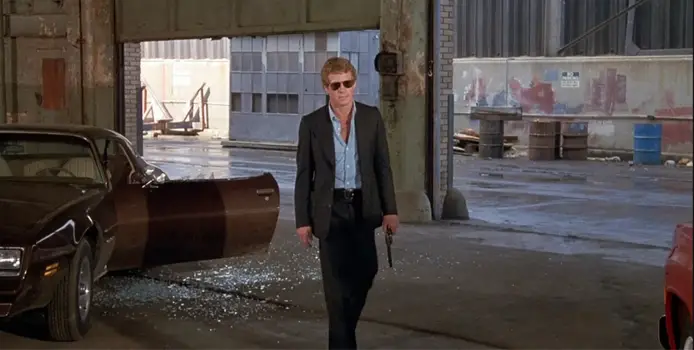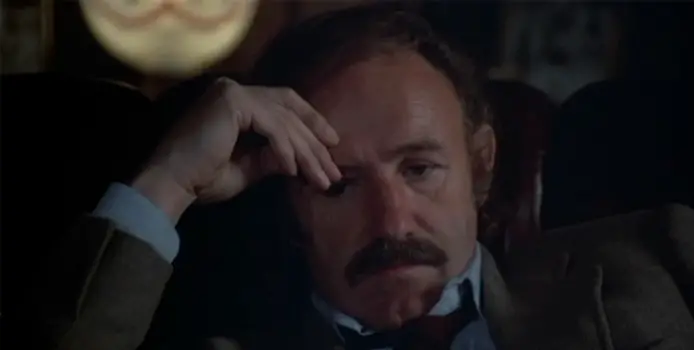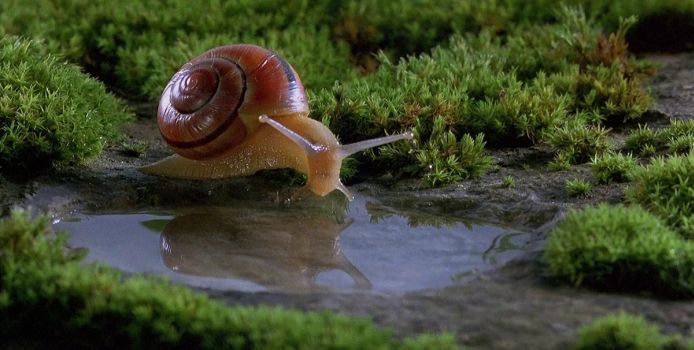Features

I flipped the final page of Andy Weir’s “The Martian” a couple of weeks ago. Thousands of other people have done the exact same thing since, and we all had similar motivations. I didn’t do it because I had heard good things about the book (at least, that was not the primary reason); rather, I did it because Ridley Scott’s adaptation of the book will be released in theaters this October.
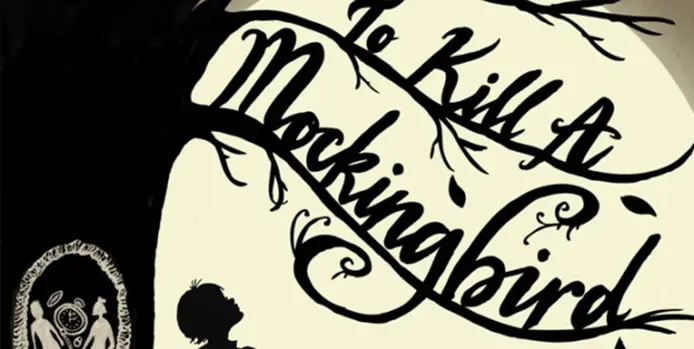
What inspired me to begin this series was actually the knowledge that Harper Lee, the author of To Kill A Mockingbird, was going to be releasing a new novel called Go Set a Watchmen. As I had remembered being fond of Lee’s writing, I was planning to read it. (I still have not, but am hoping to get to it after this).
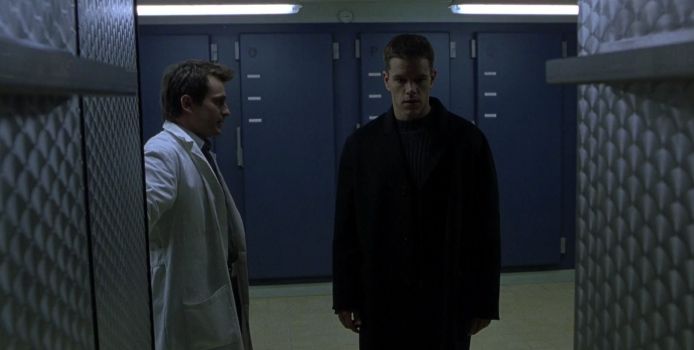
Near the conclusion of The Bourne Identity (2002), we find our hero, Jason Bourne (Matt Damon), taking refuge in a country farmhouse belonging to Eamon, the ex-boyfriend of Bourne’s hostage/lover/sexy barber Marie (Franke Potente). Bourne’s shadowy employers have dispatched a rival Treadstone assassin – known only as The Professor (Clive Owen) – to eliminate the threat posed by their malfunctioning asset. When Eamon’s son notices the family dog has gone missing, Bourne (preternaturally perceptive, as always) recognizes the portent.


